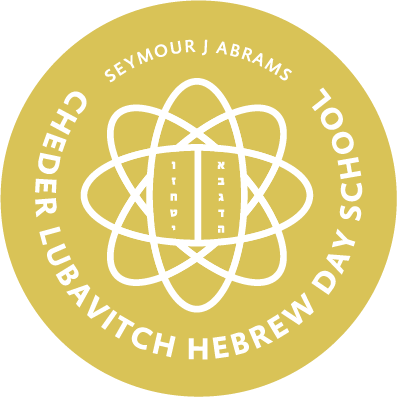| An interesting turn of phrase at the end of this week's Torah portion offers us a fascinating insight into the relationship between Jewish leaders and their followers. When the Jewish people's 40-year journey through the desert is coming to a conclusion, Moses sends messengers to the Amorite king, Sichon, requesting permission to pass though his land on their way to the Promised Land. But instead of saying that Moses sent the messengers, the Torah states that "Israel sent messengers," implying that it was a communal mission. The commentators note that since it was Moses who actually sent them on their mission, it would have been more appropriate to attribute the mission to him rather than to all of Israel. This leads Rashi, the foremost Torah commentator, to proclaim: "Moses is Israel, and Israel is Moses, to teach you that the leader of the generation is equal to the entire generation, because the leader is everything." True leaders know that they represent nothing but the people they lead, and in turn, the followers recognize this devotion in their leader and do everything in their might to follow his lead. In our generation, the Lubavitcher Rebbe, whose 30th yahrtzeit we observed this week, embodied this very notion of being a devoted leader to his flock. The Rebbe stood for Jewish unity, Jewish pride, and most importantly – the demand for every Jew's commitment to Jewish life. Like Moses before him, the Rebbe devoted his entire life to the betterment of the entire Jewish nation. May we draw inspiration from the life of the Rebbe, the Moses of our times, recognizing that our efforts to bring others closer to G‑d and His Torah can truly make a lasting impact on our communities and beyond. Shabbat shalom, | 

No comments:
Post a Comment